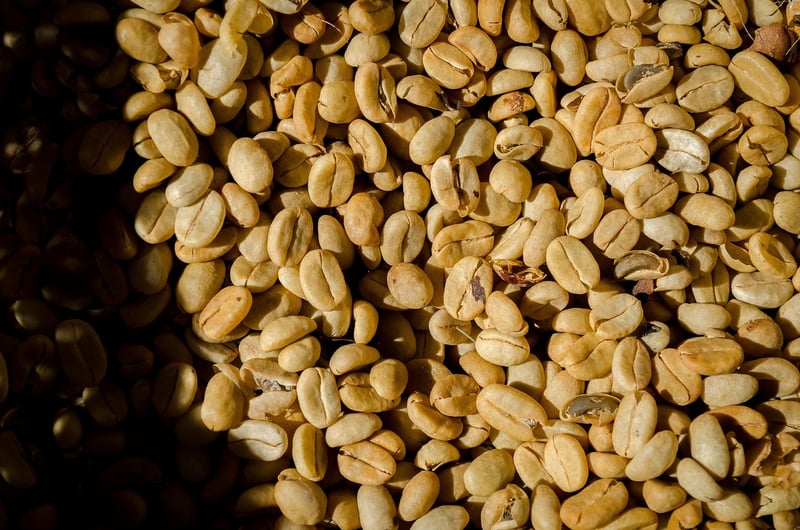Urban Food Production
The Benefits of Vertical Farming for Urban Food Production

Introduction
Urban areas are constantly facing challenges when it comes to producing enough food locally to meet the demands of their growing populations. Traditional farming methods often face limitations in urban spaces due to land constraints. However, vertical farming has emerged as a sustainable solution to maximize food production in urban environments efficiently.
What is Vertical Farming?
Vertical farming is the practice of growing crops in vertically stacked layers or inclined surfaces, often in controlled environments like skyscrapers or shipping containers. This innovative approach utilizes artificial lights and climate control to optimize plant growth throughout the year.
Benefits of Vertical Farming
- Space Efficiency: Vertical farming maximizes land use by growing crops upwards, reducing the need for vast horizontal fields.
- Year-Round Production: With controlled environments, farmers can cultivate crops regardless of external weather conditions, ensuring consistent harvests.
- Water Conservation: Vertical farms use around 70% less water than traditional agriculture methods, as water is recycled within the system.
- Reduced Environmental Impact: By minimizing the use of pesticides and fertilizers and eliminating the need for extensive land clearing, vertical farming helps lower carbon footprints.
- Local Food Production: Vertical farms can be established within or near urban centers, reducing the carbon footprint associated with transporting food from rural areas.
Challenges and Solutions
While vertical farming offers numerous advantages, it also faces challenges such as high initial setup costs and energy consumption. To address these issues, ongoing research focuses on developing more energy-efficient LED lighting systems and improving automation technologies to reduce labor costs.
Conclusion
Vertical farming presents a promising solution to enhance urban food production sustainably. By harnessing technology and innovative agricultural practices, urban areas can become more self-sufficient in food production while promoting environmental stewardship.
Embrace the future of farming with vertical agriculture!
